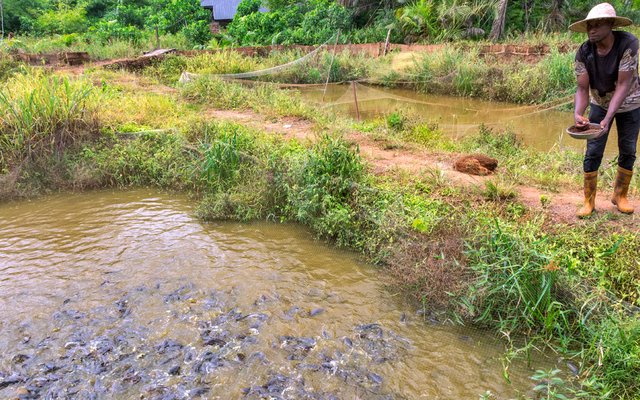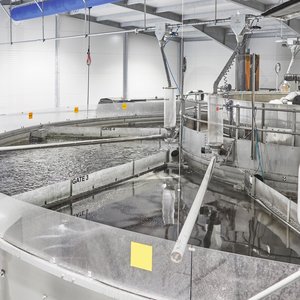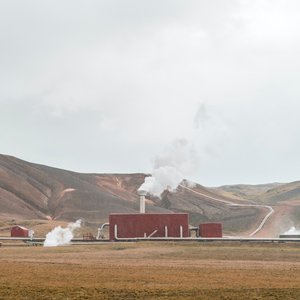The Norwegian Agency of Development Cooperation (NORAD) committed NOK 45 million (US$5 million) to increase the incomes and build the resilience of small aquaculture farmers in Kenya, Mozambique and Tanzania.
The contribution from NORAD will finance the Advancing Resilient and Nutrition-sensitive Smallholder Aquaculture (ARNSA) Project implemented by the International Fund for Agricultural Fund (IFAD) and its government partners. With the aim to support approximately 3,000 smallholders and make increased quantity and quality fish products available to at least 100,000 people, the project will pilot and scale-up climate-resilient and nutrition-focused aquaculture technologies and approaches. It will, in particular, improve access to quality and affordable farm inputs such as seeds and feed, and to market opportunities especially for women and youth through innovation and value creation. It will also strengthen farmers’ technical skills and extension services and address post-harvest losses.
The project will focus mainly on inland aquaculture, except in Tanzania where attention will be given also to seaweed value chains. The support from NORAD contributes to IFAD’s increasing attention to aquaculture in Sub-Sahara Africa, which now includes related investments in Tanzania, Kenya, Mozambique, Angola, Eritrea, Ethiopia, Nigeria and Ghana.
As one of the world’s leading fishing and aquaculture nations, Norway has made the establishment of secure and sustainable fisheries and ecosystems in partner countries a priority through its Fish for Development program. It aims to provide a coordinated and effective response to increasing food demand, rising poverty and the urgency to achieve multiple Sustainable Development Goals by 2030.
A founding member of IFAD, Norway has contributed US$435.26 million to the Funds’ core budget since its creation in 1978. In addition, Norway pledged NOK 508 million (US$53.46 million) to IFAD’s 2022-2024 funding cycle, a 40% increase from the previous cycle. Norway is also supporting specific programs directly for a total of US$30.2 million, in particular, to help small-scale farmers adapt to climate change, tackle malnutrition, and support farming families and refugees in the Lake Chad Basin.













